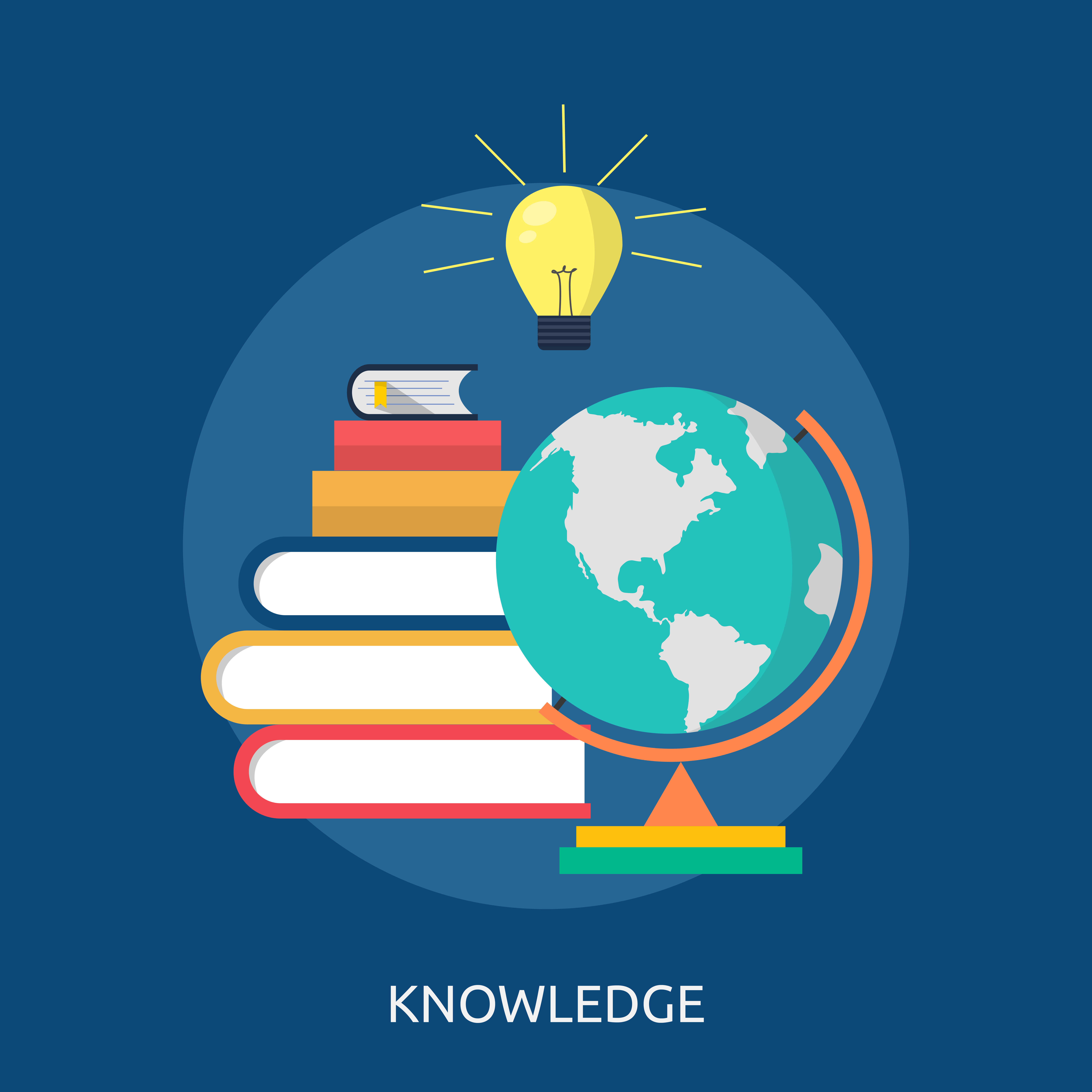The teachings of the Bahá’í Faith encompass a breadth of principles designed to elevate individual understanding from knowledge to wisdom. This transformative journey invites adherents to cultivate a profound appreciation of both the world and the spiritual realities that govern it. In this exploration, we will delineate the key components of Bahá’í teachings concerning knowledge and wisdom, examining the methods by which one may transition from mere information to insightful discernment.
The Nature of Knowledge in the Bahá’í Context
Knowledge, in the Bahá’í worldview, is inherently dynamic. It is not merely a repository of facts; instead, it is seen as a living entity that must be engaged with and applied. The Bahá’í teachings advocate for the pursuit of knowledge that is both universal and inclusive. This encompasses scientific understanding, the humanities, and spiritual truths. Each domain contributes uniquely to the individual’s capacity to comprehend the interconnectedness of the universe.
A fundamental tenet of Bahá’í wisdom is that knowledge should be pursued with an open heart and mind. The principle of “consultation,” a core Bahá’í practice, emphasizes collective decision-making. In this environment, knowledge is shared and expanded through dialogues, thereby enriching the intellectual and spiritual life of the community. This intersection of knowledge with social discourse highlights that information is most potent when collaboratively engaged.
Spiritual Knowledge: A Distinct Dimension
In the realm of Bahá’í teachings, spiritual knowledge transcends the empirical. It pertains to understanding the nature of the soul, the purpose of existence, and the relationships between humanity and the Divine. This spiritual dimension is vital for personal growth. Through prayer and reflection, individuals cultivate an inner awareness that guides them toward profound insights.
Bahá’u’lláh, the Prophet-Founder of the Bahá’í Faith, emphasizes the importance of acknowledging the Divine as a source of all wisdom. This acknowledgment enriches one’s quest for knowledge, ensuring that it is seasoned with humility and reverence. Thus, a proactive engagement with spiritual texts, along with a commitment to personal reflection, fosters a deeper understanding of one’s own existence and purpose.
The Transition from Knowledge to Wisdom
Wisdom, as portrayed in Bahá’í writings, is the application of knowledge in a manner that contributes to the well-being of oneself and society. This transcendence from mere knowledge to wisdom entails several critical aspects.
- Reflective Practice: One of the hallmarks of wisdom is the ability to engage in reflective practice. This involves evaluating one’s knowledge in light of personal experiences and the welfare of others. Reflection acts as a conduit for transforming theoretical knowledge into actionable wisdom.
- Ethical Application: The Bahá’í teachings place a strong emphasis on the ethical dimensions of wisdom. Knowledge devoid of moral grounding can lead to detrimental outcomes. Therefore, applying knowledge with ethical considerations is pivotal. Wisdom manifests when individuals employ their understanding in service to humanity.
- Community Involvement: Wisdom is often cultivated in community settings. The collaborative nature of Bahá’í communities encourages shared experiences, where individuals learn from each other’s insights and values. Participating in community service or engaging in inclusive dialogues facilitates the acquisition of wisdom, illustrating that individual insights are enhanced through collective contributions.
- Service to Humanity: The ultimate expression of wisdom, according to Bahá’í principles, is a commitment to serve humanity. In this context, wisdom transcends personal gain; it becomes a collective resource aimed at solving global challenges. The teachings advocate for the use of one’s knowledge in efforts ranging from environmental stewardship to social justice and peacebuilding.
The Role of Education in Fostering Knowledge and Wisdom
Education stands as a cornerstone in the Bahá’í approach to cultivating knowledge and wisdom. The Bahá’í framework advocates for comprehensive education that encompasses both academic subjects and moral development. This dual approach ensures that students not only acquire knowledge but also learn to apply it ethically and responsibly.
Furthermore, the promotion of gender equality in education is a salient feature of Bahá’í teachings. Both girls and boys must have equitable access to educational opportunities; only through an educated populace can society reach its full potential. The collective responsibility of educating all members of society is foundational to the Bahá’í approach to social progress.
The Interconnection of Knowledge, Wisdom, and Spirituality
Understanding how knowledge and wisdom intertwine with spirituality is essential in a Bahá’í context. Spirituality enhances the individual’s capacity to process knowledge meaningfully. Through the lens of spirituality, knowledge is imbued with purpose, allowing individuals to discern deeper truths beyond surface-level understanding. Wisdom emerges from an amalgamation of intellectual, ethical, and spiritual dimensions.
Engagement with the holistic aspects of life—intellectual rigor, ethical considerations, and spiritual insights—leads individuals on a transformative journey deeper into wisdom. This journey not only enriches the individual but also serves as a beacon of light for others seeking understanding and direction.
The Impact of Wisdom on Society
As individuals embody wisdom gleaned from knowledge, the societal implications are profound. A community informed by wisdom fosters peace, unity, and progress. The Bahá’í teachings illuminate the necessity for a change in societal paradigms—shifting from competition and discord to collaboration and harmony.
In conclusion, the movement from knowledge to wisdom is a central theme in the Bahá’í Faith. It calls for a synthesis of intellectual pursuit, ethical application, and spiritual understanding. Adherents are encouraged to embrace these teachings not only for personal enrichment but also as a pathway to contributing meaningfully to the collective well-being of humanity. Through this journey, individuals within the Bahá’í community can aspire to create a world marked by harmony, understanding, and unity.
